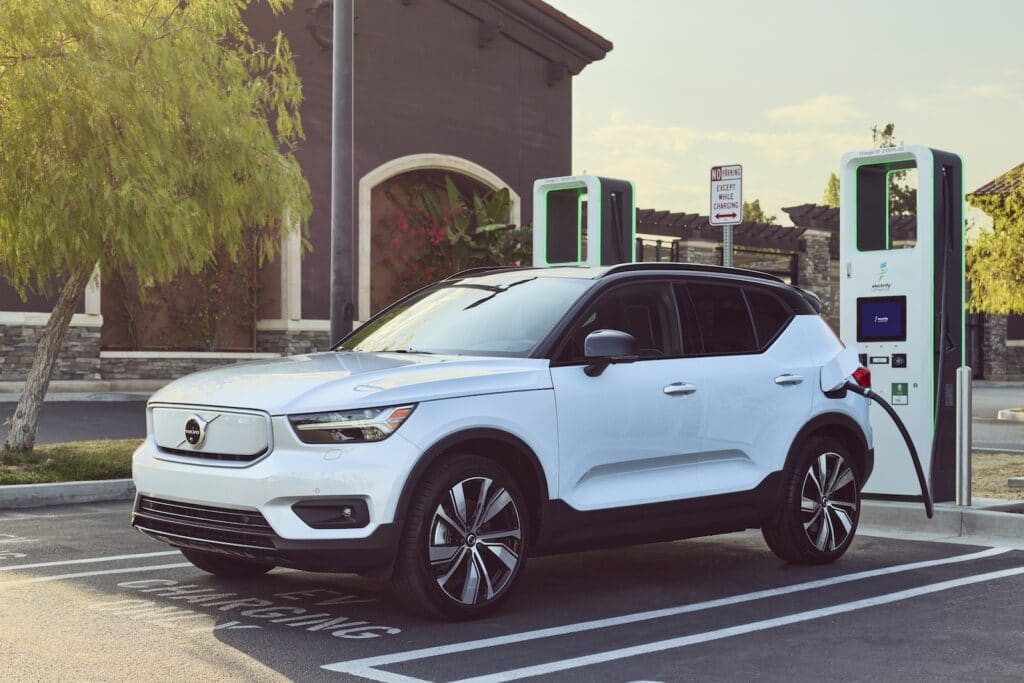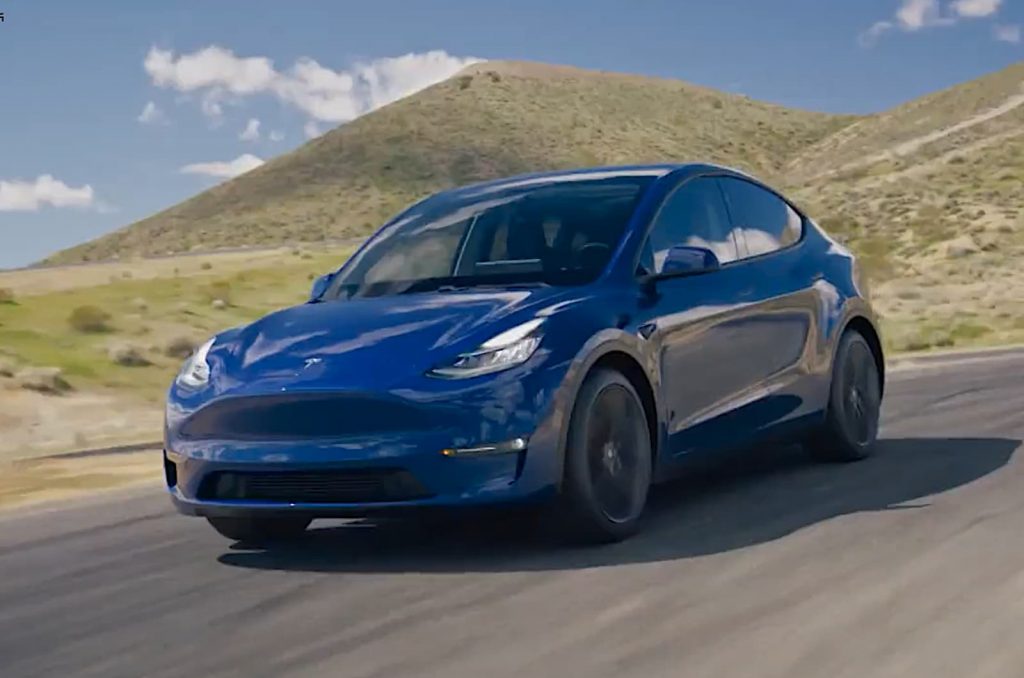Ford Motor Co. reported a 17.7% sales drop during the month of September, as the shortage of semiconductors continues to reduce sales by automakers around the world.

Unlike domestic rivals, General Motors and Stellantis, Ford reports sales monthly and the company’s executives said the September numbers, which were better than many expected, reflect improvements in inventory and the popularity of its new models such as the Bronco Sport and Mustang Mach-E.
“New products and improved inventories made Ford America’s best-selling automaker in September,” according to Andrew Frick, vice president of sales in the U.S. and Canada. “Retail sales gained 34%, compared to August, and we expanded our retail share 3.8 percentage points.
“Inventory turn rates are at the highest we’ve ever seen, with 31% of our retail sales coming from filling customer orders. The highly anticipated Maverick had a successful launch at month’s end, while the new Bronco is flowing to dealers with in-transit vehicles up 200% compared to a month ago.”
By way of comparison, Toyota, which surged past Ford and Lincoln earlier this year, reported sales of 152,916 Toyota and Lexus brand vehicles in September.
F-Series still on top

Through the first nine months of 2021, despite a 9.2% drop in sales, Ford’s F-Series pickup, with sales of 534,831 units, holds a comfortable lead over Chevrolet, with sales of 414,380 units, and Ram, with sales of 434,732 units. GM has sold a total of 605,566 Chevrolet and GMC pickup trucks combined.
Ford’s retail sales were up 34.3% compared with the previous month, boosting Ford’s retail share for the month to an estimated 12.9% — up 3.8 percentage points over August. Ford’s September U.S. sales totaled 156,614 vehicles. Going into October, Ford’s gross stock totaled 236,000 — up 21,000 vehicles compared to the start of September.
Ford’s sales of electrified vehicles nearly doubled during September and represent 5.8% of the company’s sales last month.
Stellantis sales drop in third quarter
Stellantis reported a 19% drop in sales during the third quarter. Jeep was down 11% and Ram was down 17% after posting increases earlier in the years as the semiconductor shortage reduced inventory. General Motors reported a 32.8% drop in sales during the third quarter.

“While the various supply chain issues facing our industry continue to impact available inventory, we know the demand for our vehicles is still there,” said U.S. Head of Sales Jeff Kommor. “Calendar year-to-date, total sales improved 3% versus this time last year.”
Subaru reported a 30% drop in sales during the month of September, following the same path of other Japanese carmakers such as Toyota and Honda, which also reported a decline in sales in September. Mazda, however, posted a modest sales increase of 0.8% in September.
Nissan reported a 10% drop in sales for the third quarter, while Mitsubishi reported a 4.3 percent.
Volvo Car USA posted a September sales result of 9,350 cars, down 9% versus 2020. Year-to-date the brand is up 29.6%, an increase of 21,761 cars sold in the same period last year.
“The Volvo brand has delivered three consecutive years of growth in the U.S., and underlying demand for our products is robust,” said Anders Gustafsson, senior vice president, Volvo Car Americas and president and CEO, Volvo Car USA. “While our entire industry is feeling the impact of a challenged supply chain, our outlook for the remainder of 2021 remains strong.”
Tesla and BMW post good quarterly results

Tesla, meanwhile, reported its sales increased 72% in the third quarter, beating analysts’ expectations despite repeated delays. The EV maker is one of a few companies bucking the current sales trend.
BMW of North America is another, today reported third-quarter sales 2021 sales of 75,619 BMW vehicles in the U.S., an 8.7% increase compared to the same period last year. Year-to-date, BMW brand sales total 243,613 vehicles, an increase of 35.4% increase over the first three quarters of 2020.
The company also reported Q3 2021 sales of 6,445 Mini vehicles in the U.S., a 28.9% decrease compared to the time last period year. Year-to-date, Mini sales total 22,070, an increase of 12.7% over the first three quarters of 2020.
“It has been a challenging year, but our dealers have done an incredible job managing through it, and driving success for our business,” said Sebastian Mackensen, president and CEO, BMW of North America. “We anticipate strong consumer demand through the remainder of the year and are managing inventory levels closely to continue our positive sales momentum.”
Volkswagen reported an 8.2% drop in sales during the third quarter despite the strong performance of its sales of the company’s new SUV models. Porsche reported a 1.7 drop in sales for the third quarter while Audi sales dropped 14 percent.








Has JIT run its course?
Automakers clearly will be thinking about what parts and components will need to be inventories going forward, but I doubt JIT will disappear.
Paul E.